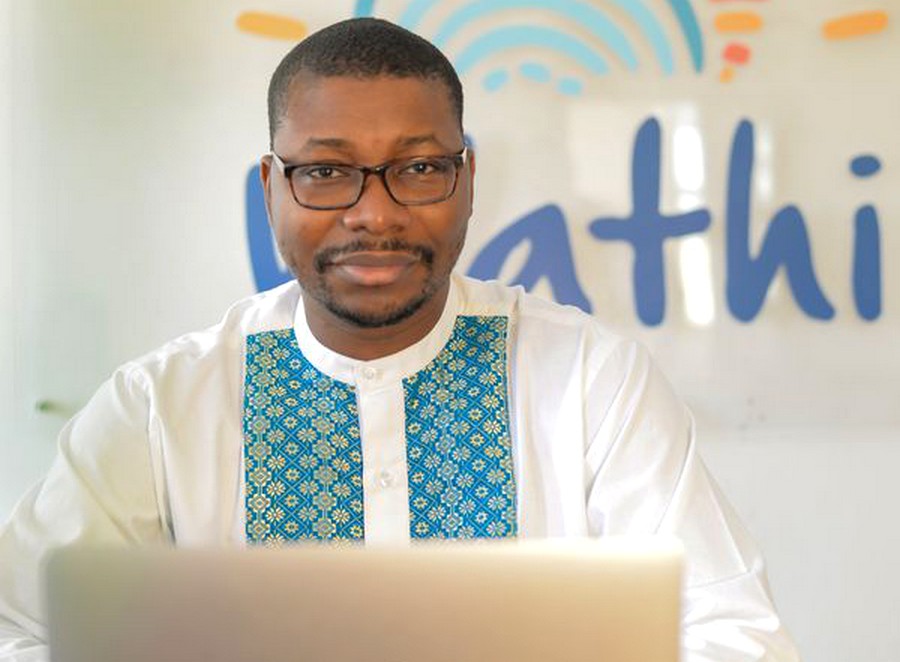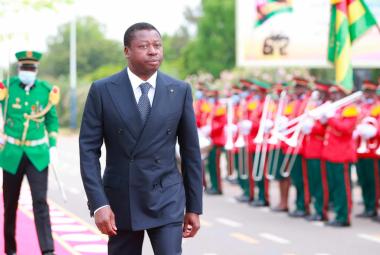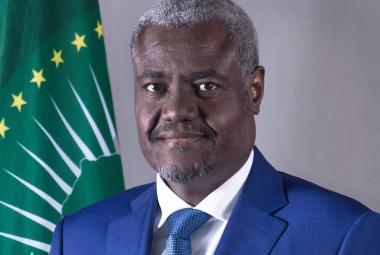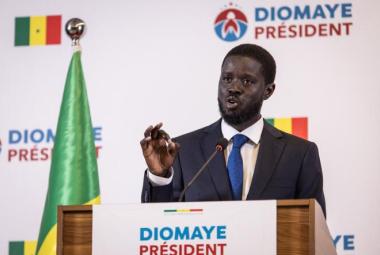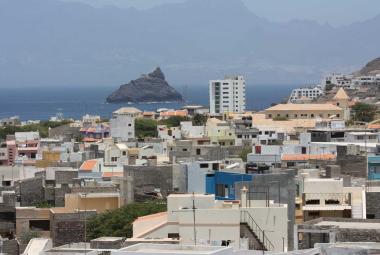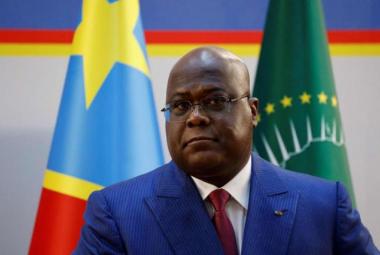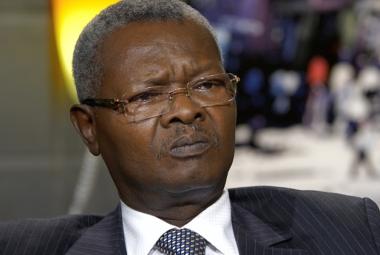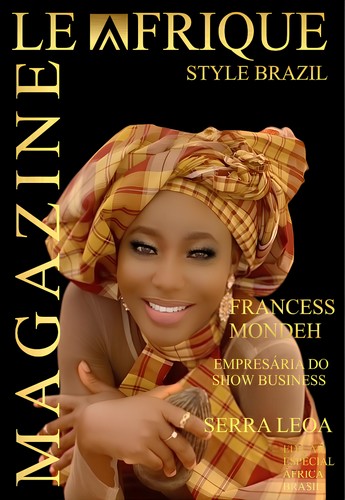After every coup d’Etat and serious violent political crisis in Africa, many journalists, observers, analysts and ordinary citizens blame “democracy”. It is not always clear if they question the choice of a political system - embodied by the national constitutional texts - which corresponds to what is associated with a "democracy", if they denounce the fact that the actual political functioning does not correspond to democratic principles or if they consider that democracy, when it is effective, does not produce the expected results expected by the populations, in terms of improving their conditions.
What is also never clear is the alternative proposal to the democratic system: is it a question of breaking all links of accountability, control and sanction between the rulers and the ruled and of entrusting the management of the countries to a supreme political authority – a monarch whose terms of appointment would still have to be determined? Is it a return to one-party systems like the continent has known many for decades? Is it a question of reviving systems of government that existed in different parts of the continent in a distant era before the destructuring of African societies by European colonization?
Is it a question of validating each seizure of power by the strongest, the most senior or the most cunning within the armed forces and of hoping to end up falling, according to the successive coups d'Etat, on the good president- enlightened soldier-dictator-reformer-integrity? Or is it to retain the basic principle of democracy – government by the people and for the people – while developing modalities and procedures different from those currently in force and associated with Western democracy? imported – ignoring the diversity of Western democratic systems?
But above all, I would like to ask other simple questions at this moment of great disorder, of great confusion about what is happening to several countries in our West African region, this moment when the depth of the fractures and differences within public opinion, within Sahelian societies and beyond, on the fundamental guidelines to be given to the countries of the region in terms of the political system, the place and role of the armed forces, the importance give to the protection of human rights, how to manage international relations in general and how to redefine relations with the former colonial power, France, Western powers and emerging or emerging non-Western powers.
So here are my questions in a big mess: Is it the fault of the choice of political systems based on democratic principles if these principles are systematically trampled on and circumvented by political actors and the highest officials of public institutions? Is it the fault of democratic principles if we chose not to create the conditions for independence and the balance of powers to limit the risks of abuse by those who exercise executive power, the heads of state? Is it the fault of the democratic option if we have chosen not to reflect seriously on the impartial regulation of parties and political activities, including on the rules that should govern their financing?
Is it democracy's fault if we are satisfied with the dysfunctions, the weakness and the dependence of judicial institutions on governments or other political, economic or social forces? Is it the fault of the choice of the democratic system if we decide to politicize all public administrations and give priority to political allegiance over competence for all appointments to important public functions? Are there not democratic countries in the world where precise rules delimit the field of political appointments and preserve the essentials of the state apparatus from the excesses resulting from excessive politicization?
Is it the fault of democracy - in its principles - if we have allowed corruption, embezzlement, all forms of illicit enrichment to flourish in the exercise of public functions, obviously destroying the image of all those who embody the exercise of political power and management of the State? In simpler terms, does democracy prescribe corruption and is it more vulnerable to corruption than non-democratic systems? Who said that the democratic option was incompatible with zero tolerance for corruption? Aren't there both very corrupt democratic countries and democratic countries whose level of corruption is particularly low?
Is it democracy's fault if nothing or very little is done to integrate into the school curricula of our countries the explanation to children of the enormous costs of corruption for society as a whole and for their own future ? Do Western exporters of imported democracy prevent us from carrying out awareness campaigns on the notion of public good, of general interest and from taking inspiration from what is being done elsewhere, in some Asian countries and North who maintain a low level of corruption in the functioning of the state? (I am talking about a low level, not the elimination of corruption, which is a perfectly unrealistic objective).
Is it therefore democracy's fault if we confuse the construction site of substantial democracies with the equally important construction site of the construction of strong, present, efficient and benevolent States for the populations? Are we not capable of making this distinction ourselves and of not allowing ourselves to be deceived by those who want us to believe that the choice of the democratic system automatically produces strong and efficient states?
Can we not observe the wide world and understand that there is no alternative to investing in education, training, culture, science, research and institutions to have women and of men who can positively transform their countries, and that this too is not a guaranteed by-product of the choice of a democratic system? Does democracy prevent us from endowing our States and our regional organizations with formal and informal institutions for strategic monitoring, forward-looking reflection and from trying, despite limited means, to nibble away areas of autonomy in order to best defend the most vital security and resource interests of our states?
And with regard to this recurring criticism of the inadequacy of democratic systems imported and imposed on the cultural specificities of African countries, what has prevented us until now from giving concrete content, through public policies, to the major principles appearing in the preambles of the constitutions on the respect and the valorization of the cultural and linguistic diversity of our countries, on the imperative of the preservation of our multiple cultural identities? Who prevents us from demonstrating creativity and institutional innovation in our constitutional texts?
The list of questions I could ask is endless. I end, a little out of laziness, with this excerpt from an article entitled "Africa does not need democracy" kpayo ", which I wrote in 2015 (Article published by African Geopolitics, N°53/54 , 1st quarter 2015):
“The democratic option, reduced to the reality of the exercise of the sovereignty of the people, will not allow African countries to solve the serious immediate problems facing their societies. It is when it is substantial, and therefore firmly established in the minds of the elites and of a critical mass of citizens, that democracy can give the full measure of its benefits, of its capacity to resolve conflicts peacefully and to impose on the different groups with contradictory interests rules which make it possible to safeguard the essential, a certain idea of the general interest.
African democracies, both the most advanced and the most artificial, are very young and will have to wait a long time before claiming to benefit from the advantages of consolidated democracies. During this time, they will in no way be protected from the risks of authoritarian reflux, of diversion by elites and external powers who do not want it to be anchored, and of their own suicide if they are not accompanied by concrete positive results in well-being for the people. Meanwhile, Africa needs regimes that are both democratic and effective in producing and consolidating effective and efficient states. »
Unfortunately, we are at the heart of the moment of authoritarian reflux and I must say that in 2015, I could not imagine that this reflux would take the form of a series of military coups and an unprecedented political fragmentation of the West African community embodied by ECOWAS.
So yes, we must start from the examination of real political practices in the countries of the region to rethink the institutions by finally showing boldness and creativity. But it is not a question of reducing democratic ambition. On the contrary, it is a question of setting even more ambitious objectives: to provide the countries of the region with democratic political institutions which at the same time maximize the chances of having effective States and united societies, peaceful and focused on the essential, the preservation of their future.
But in the immediate future, please, let's stop reproaching a democratic model that we have largely chosen not to apply, by regularly violating the principles enshrined in the constitutional texts, for not producing the expected results. It's like refusing to take all the drugs prescribed by a doctor to cure an illness, making your own selection between the drugs you want to take and ruling out the others, and then accusing the doctor of incompetence because you are not cured. This is showing tremendous intellectual dishonesty.
It is not because of democracy, nor for that matter France, the West, China, Russia or anyone else, if we cannot make a reception service in a ministry, maintaining a minimum of cleanliness in the toilets of buildings housing public institutions, starting a meeting or seminar without waiting for an hour or two for the arrival of a minister or a senior civil servant, issuing an administrative document to users without making them lose half a day…
It is by working every day to transform the functioning of our States, our companies, all our public and private institutions, including of course the defense and security institutions, by restoring the desire for a job well done, the desire for excellence for young people and for everyone, the desire to learn every day, that we will build, brick by brick, the foundations of stability and shared prosperity in our part of the world. It is certainly not by staging a new coup every year in a country in the region, unraveling West Africa's relatively advanced regional integration and making masses of legitimately frustrated young people believe, deprived of education, of perspectives and watered with false information, manipulations and strong opinions, that sovereignty and dignity are won by slogans.
By Gilles Yabi
Gilles Yabi is the founder and executive director of WATHI. He directs and supervises the activities of the think tank whose permanent team is based in Dakar (Senegal). WATHI is an open platform for the production and dissemination of knowledge and proposals on all crucial issues for the present and the future of West Africa and other regions of the continent.
*This article has been translated from French into English by Marcus Boni Teiga



